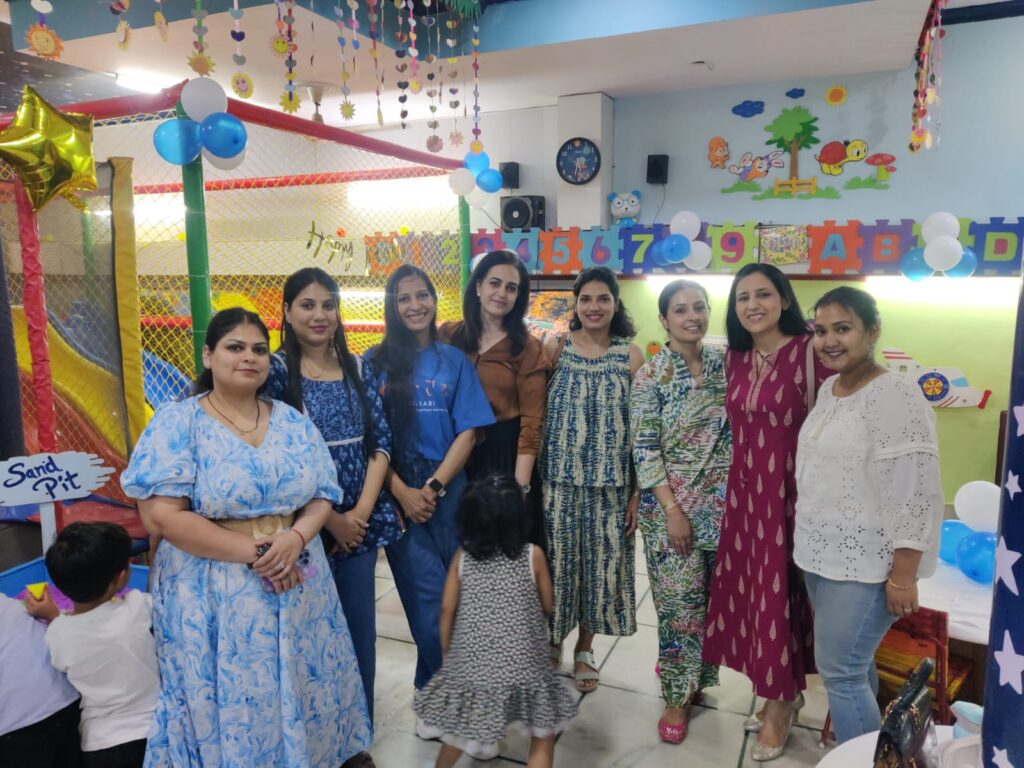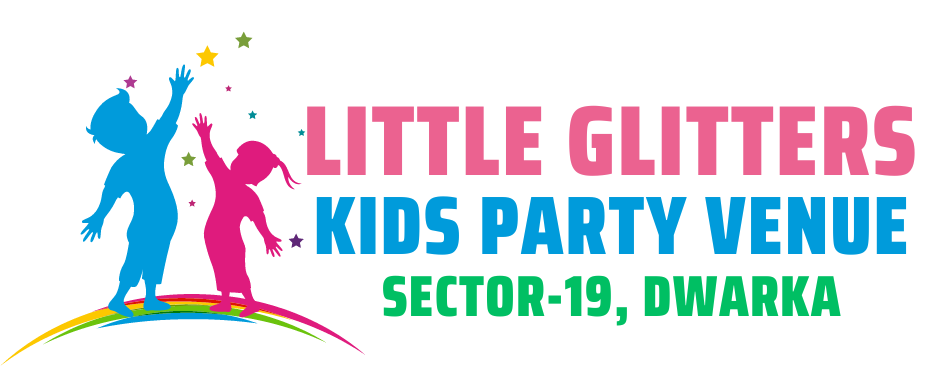Physical Development Through Play: Nurturing Healthy and Happy Kids
Play is more than just a source of fun for children; it is a fundamental aspect of their growth and development. Through play, children learn to interact with the world around them, develop essential skills, and strengthen their bodies. Physical development through play is crucial as it lays the foundation for a healthy, active lifestyle and fosters overall well-being. In this blog, we explore the various ways in which play contributes to the physical development of children and why it is vital for their growth.
The Importance of Physical Play

Physical play involves activities that get children moving, such as running, jumping, climbing, and dancing. These activities are essential for developing motor skills, coordination, and strength. Engaging in physical play helps children build their muscles, improve their cardiovascular health, and enhance their balance and coordination. Furthermore, active play is a natural way for children to burn off energy, promoting better sleep and a more balanced mood.
Enhancing Motor Skills
Motor skills are divided into two categories: gross motor skills and fine motor skills. Gross motor skills involve the use of large muscle groups and are essential for activities like walking, running, and jumping. Fine motor skills, on the other hand, require precision and coordination of small muscle movements, such as drawing, writing, and buttoning clothes.
Through physical play, children naturally develop and refine these skills. Activities like climbing playground structures or playing tag enhance gross motor skills, while games that involve manipulating small objects or building blocks help improve fine motor skills. These skills are crucial for everyday tasks and academic success, as they are the building blocks for more complex movements and hand-eye coordination.
Building Strength and Endurance
Regular physical activity through play helps children build strength and endurance. Activities like swinging, climbing, and playing sports engage various muscle groups, promoting muscle growth and cardiovascular health. As children engage in these activities, they build stamina, which allows them to participate in physical activities for longer periods without fatigue. This increased physical capacity not only benefits their health but also boosts their confidence and self-esteem as they master new skills and overcome challenges.
Promoting Healthy Growth
Physical play is essential for healthy growth and development. Weight-bearing activities like jumping, running, and climbing help strengthen bones and contribute to bone density. Engaging in diverse physical activities ensures that children develop a wide range of physical abilities, promoting overall fitness and preventing obesity. Moreover, active play encourages the development of a healthy body composition by balancing muscle and fat distribution.
Encouraging a Lifelong Love for Physical Activity
One of the most significant benefits of physical play is that it fosters a lifelong love for physical activity. When children enjoy being active from a young age, they are more likely to maintain an active lifestyle as they grow older. Positive experiences with physical play can instill a sense of joy and accomplishment, making children more inclined to seek out physical activities and sports throughout their lives. This lifelong engagement in physical activity is crucial for maintaining health and well-being into adulthood.
The Role of Parents and Caregivers
Parents and caregivers play a vital role in promoting physical development through play. By providing opportunities for active play and encouraging children to participate in various physical activities, adults can help foster a love for movement. Simple actions like taking children to the park, playing active games at home, or enrolling them in sports can make a significant difference in their physical development. Additionally, being active role models by participating in physical activities themselves can inspire children to follow suit.
Conclusion
Physical development through play is a cornerstone of healthy childhood development. Through active play, children enhance their motor skills, build strength and endurance, promote healthy growth, and develop a lifelong love for physical activity. By encouraging and facilitating physical play, parents and caregivers can help ensure that children grow up healthy, happy, and ready to tackle the challenges of life with confidence and vigor. So, let’s embrace the power of play and watch our children thrive!
